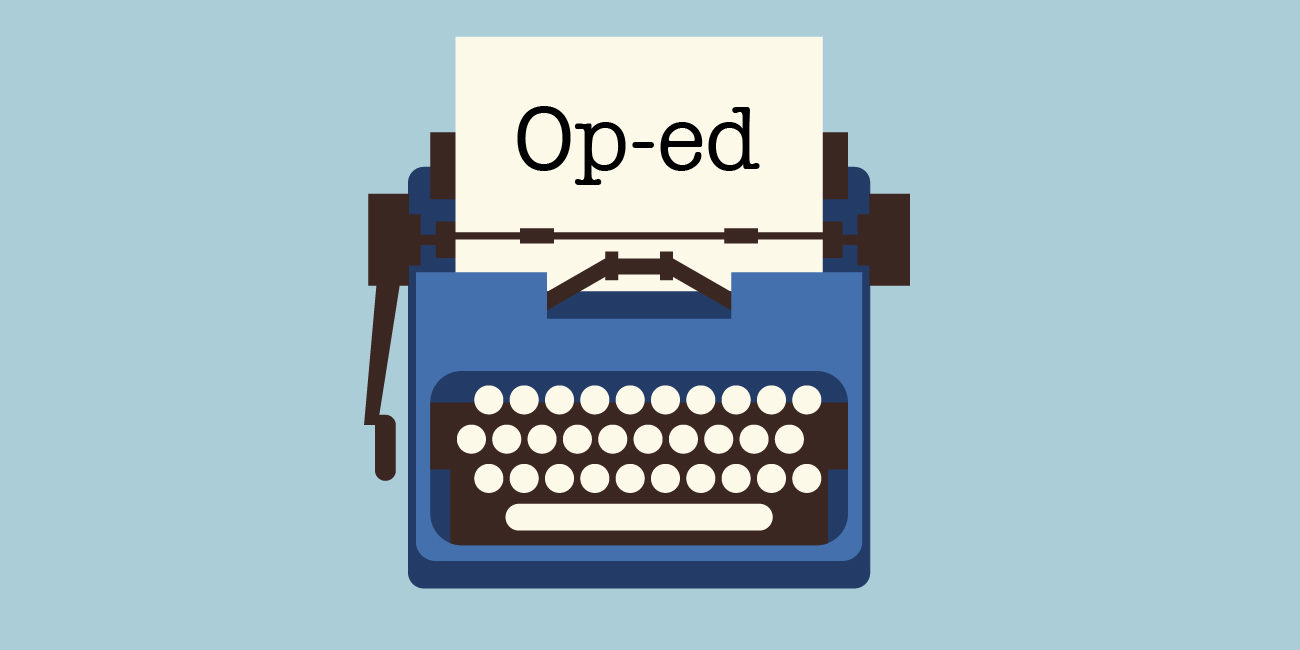
 press-releases
press-releases 
Carl P. Leubsdorf
At a 1962 Massachusetts Senate debate, challenger Edward McCormack told his rival, the youthful future Sen. Edward Moore Kennedy, that “if his name was Edward Moore, with his qualifications… your candidacy would be a joke.”
McCormack’s tactic failed. Kennedy won. But six decades later, the same rejoinder could be applied with even greater saliency to the presidential candidacy of the late senator’s nephew, Robert F. Kennedy Jr.: “If his name was Robert Francis Jr., with his qualifications, your candidacy would be a joke.”
An environmentalist turned anti-vaccine crusader and government critic, Kennedy is running on his name, not his achievements. His sole government job was as an assistant district attorney four decades ago, a job he resigned after failing the bar exam. (He subsequently passed.)
Donald Trump’s presidency showed the challenge of trying to govern without prior experience.
Besides, there is no sign yet the 70-year-old son of the late Attorney General Robert Kennedy can attract the support needed to win the presidency – or even any state. He has yet to qualify for most state ballots, though his campaign says he has enough signatures for Arizona, Georgia, Nevada, New Hampshire, and North Carolina. National polls show him with about 10%, and history says support for independents drops as the election nears.
But Democrats fear he could help Trump by attracting votes in battleground states that might otherwise be for President Joe Biden. They jumped on a statement by Rita Palma, a New York Kennedy operative, that her “No. 1 priority” was to “get rid of Biden.”
And though now an independent, Kennedy is culturally a Democrat, though his candidacy has turned off most members of his fabled political clan, who back Biden.
He also might be helping Trump by calling Biden a greater danger to democracy than the former president, who sought to overturn the legitimate 2020 results.
But Kennedy also worries Trump’s strategists when he echoes the claim that “political objectives motivated the vigor of the prosecution” of the pro-Trump mob that overran the Capitol on Jan. 6, 2021.
He also sounds like Trump when he explains why he is running.
“I can fix this country,” he said in Las Vegas in February. “All these agencies that intimidate normal politicians, I’ve sued every one of them.”
That resembles Trump’s declaration at the 2016 Republican National Convention that “nobody knows the system better than me, which is why I alone can fix it.”
In fact, Kennedy is basically an alternative for disaffected members of both parties: Republicans who like Trump’s anti-government rhetoric and disdain for the Ukraine war and older Catholic Democrats who revere the Kennedy name.
The Washington Post’s Meryl Kornfeld, after interviewing possible Kennedy voters, concluded they ranged from “far-left voters intrigued by his Kennedy lineage and environmental record to far-right supporters aggrieved by government-mandated public health measures.”
The New York Times’ Michelle Goldberg wrote, “Kennedy attracts many of the same sort of alienated political eccentrics who in the past have gravitated to Trump.” Current polls show he marginally helps Trump.
His potential voter pool suggests he must simultaneously appeal to groups with opposite views, a tricky feat. And, like many neophyte candidates, he has encountered difficulty in explaining his positions, as scrutiny increases.
That has been evident in his series of muddled comments about Jan. 6.
He has decried what he called the Democrats’ “obsession” with it, and his campaign said in a recent fundraising appeal that the Jan. 6 defendants were “activists” who had been “stripped of their constitutional liberties,” a missive his campaign promptly disavowed as an error by a new marketing contractor.
In a follow-up statement, he seemed to seek a middle ground.
It is “clear,” he said, that many people broke the law on Jan. 6. But he blamed “political objectives” for “their long sentences, and their harsh treatment.” He repeated an inaccurate claim the rioters “carried no weapons,” then retracted it three hours later. He vowed, if elected, to name a special counsel “to investigate whether prosecutorial discretion was abused for political ends in this case.”
Of more than 1,350 people charged so far in connection with the assault, more than 950 have been convicted, of whom 500 got jail sentences, according to NBC News. It said 15 are being held who have not been convicted or entered pleas.
Kennedy also attracted controversy by telling CNN’s Erin Burnett that “President Biden is a much worse threat to democracy,” calling him “the first president in history that has used the federal agencies to censor political speech, to censor his opponent.”
He blamed the Biden administration for Facebook’s 2021 suspension of his Instagram account “for repeatedly sharing debunked claims about the coronavirus or vaccines.” Facebook reinstated it shortly after Kennedy began his campaign.
The Washington Post’s Philip Bump said Kennedy referred to a White House aide’s ignored suggestion that Twitter remove an inaccurate Kennedy post blaming baseball legend Henry Aaron’s death on an anti-COVID shot. The later Instagram action was unrelated, Bump said.
A Trump vote is understandable for religious conservatives who think the most important thing is naming Supreme Court justices or rich people focused mainly on tax breaks.
And a Biden vote is logical to maintain an American role overseas and a compassionate government at home.
But the only reason to vote for Robert F. Kennedy Jr. is to avoid the real choice in the 2024 election.Carl P. Leubsdorf is the former Washington bureau chief of The Dallas Morning News.
24World Media does not take any responsibility of the information you see on this page. The content this page contains is from independent third-party content provider. If you have any concerns regarding the content, please free to write us here: contact@24worldmedia.com